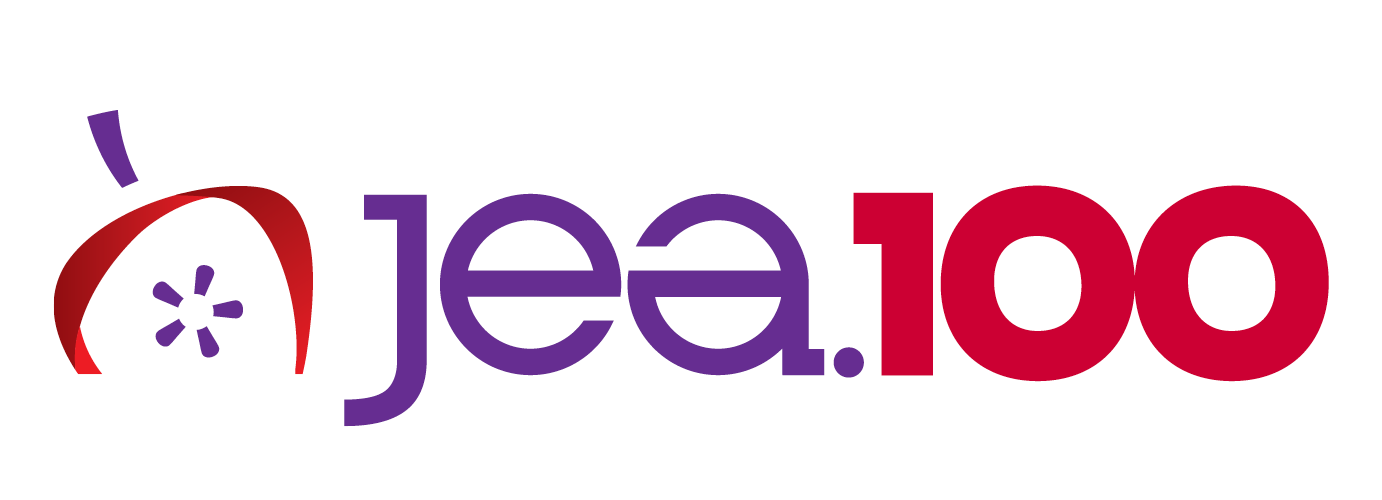“JEA’s is one of the first and only mentoring programs to address the unique needs of our content area,” Nick Ferentinos said in a recent JEA LISTSERV posting.
APRIL 15, 2010 — “For more than a decade, clear and consistent research has shown that the quality of teachers is the most powerful school related determinant of student success,” said Dara Barlin, the associate policy director of the New Teacher Center, in an article in Education Week.
No wonder the Journalism Education Association’s Mentoring Program works to develop quality teachers who affect student success. In light of that decade of research, more school districts around the country are committing themselves to new-teacher mentoring. Few, however, provide subject-specific mentoring.
“JEA’s is one of the first and only mentoring programs to address the unique needs of our content area,” Nick Ferentinos said in a recent JEA LISTSERV posting. “Our new teachers often come with no content knowledge whatsoever and no experience or even interest in teaching journalism. So the work to get them ready to teach is daunting. [A] science teacher mentor clearly [is] in no position to help [a new adviser] learn to teach journalism.”
Mentoring new journalism teachers isn’t the same thing as teaching kids. Mentors need a skill set all their own and that’s why JEA provides a three-day Mentor Academy each summer.
Similarly, “new teachers, especially new journalism educators, have a unique set of needs which we must address respectfully, or we’ll lose them as we have so often with our new teachers,” Ferentinos said.
The JEA Mentoring Program is just completing its third year and already more than 100 new journalism teachers have benefited from the guidance and inspiration of their mentors. Already those new journalism teachers are joining the ranks of professional educators with their quality programs.
Already those same new teachers are contributing to the profession through their involvement on state and national boards or committees, and with convention work.
“We can’t afford to remain a profession where we’re isolated from each other,” Ferentinos said. “For journalism teachers, it’s especially difficult because we’re often the only such teacher in the school. That’s why our mentoring work is so important.”
The next group of mentors will be trained at JEA Headquarters this July. They will join 27 experienced mentors who are continuing with the Mentoring Program this fall.
